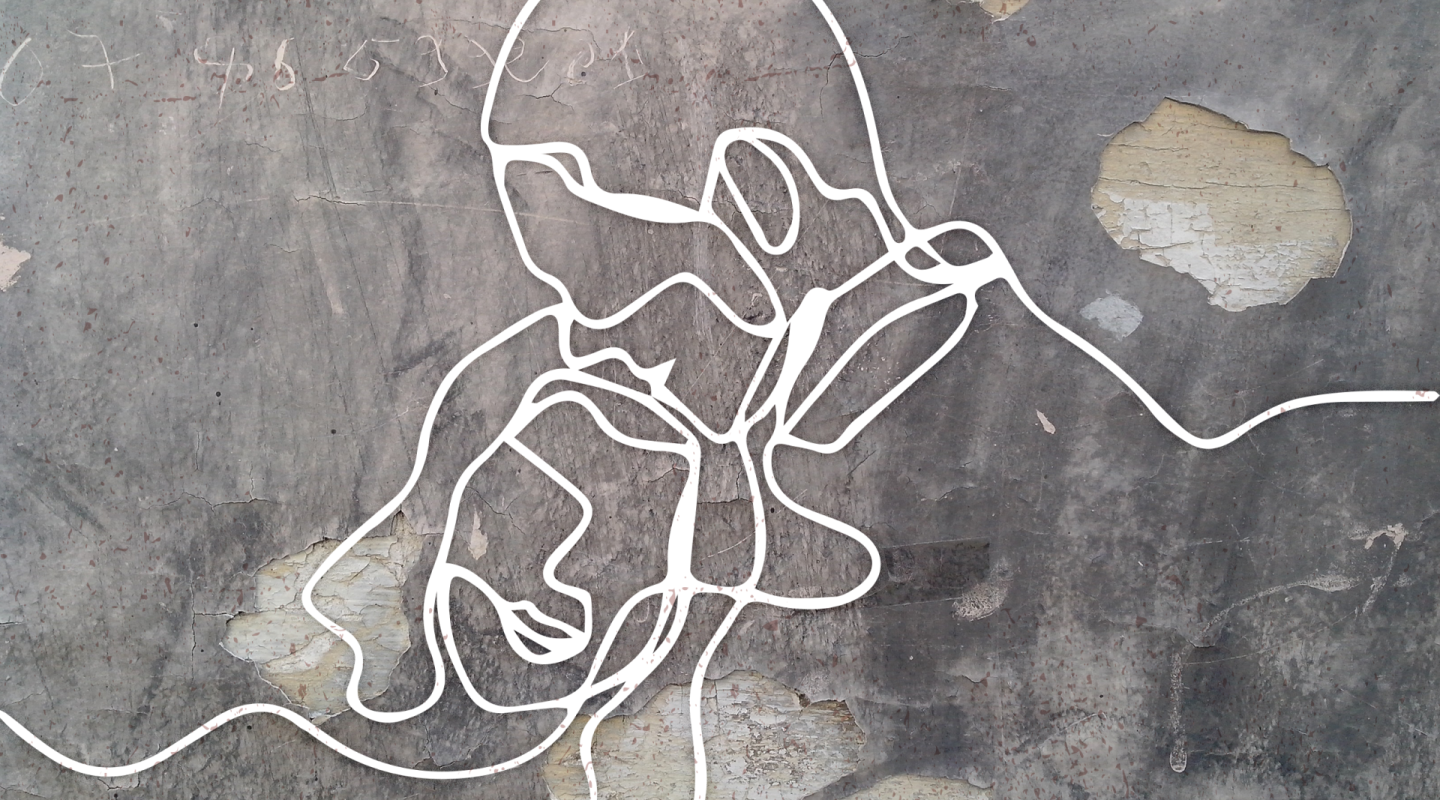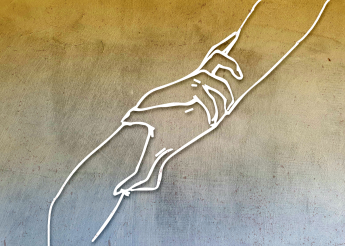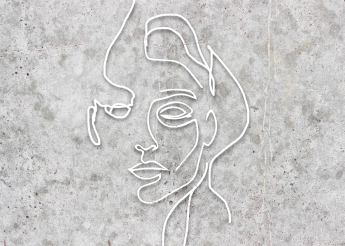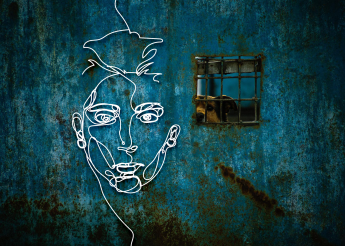I wrote many letters during my first incarceration. I wrote to my loved ones the first few days. It was crucial for me, in particular with regards to my children, to free them from the weight of the emotions they may have been feeling. When you are a kid, you think you have to love and admire your parents unconditionally. You are not likely to already have the necessary maturity or distance to be able to sort through the emotions that come up. So I understood how my children might be angry with me at the time.
It was important for me to free them from that, to tell them that it was normal and legitimate to be angry with me, or to not understand how I could have put them in that situation. That they had a right to feel all that.
I knew that my absence would create a lot of pressure, mainly economic. So I did not want emotional challenges for the children to add to that, for them to feel guilty in some way. So my letters became very important, we were able to establish a pretty rich written relationship which allowed us to maintain ties. At the start, writing by hand turned out to be a fairly complicated exercise. I’m part of a generation that is no longer used to writing. But I did that a lot during my first bid. I was fairly isolated, so I had a lot of time to write. It was different during my second time around: since I spoke to my family every day on the phone, I almost never wrote.
My children never came to visit. I encouraged them not to come. My wife came once. In Fresnes, the visiting area is unspeakable. In Fleury-Mérogis the conditions are slightly better: it’s cleaner but still a prison visiting area. Because we managed to keep in touch through other methods, it was important for me to keep them away from that, to not make them travel, visit, etc.





